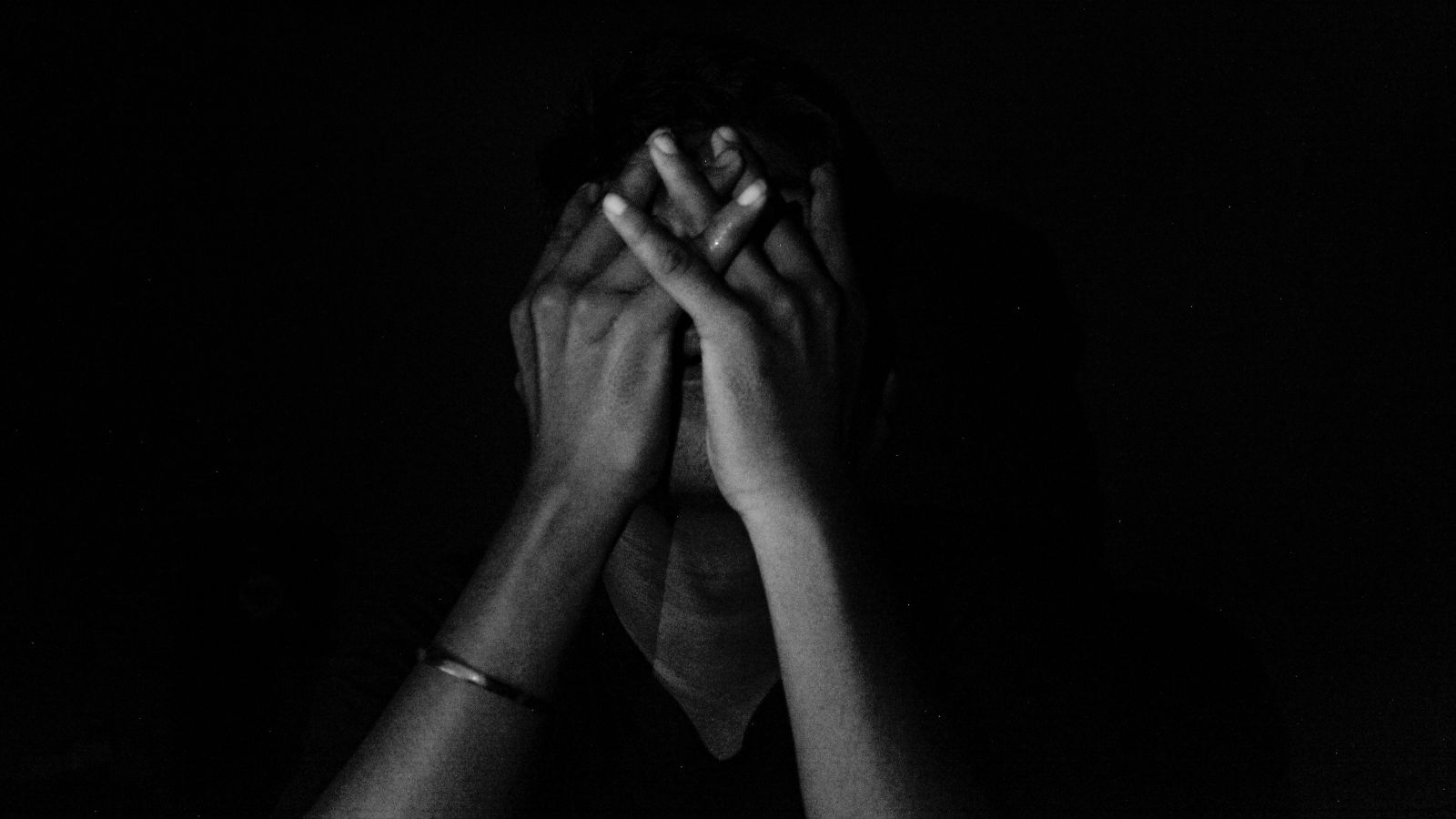Do you or a person you care about face challenges with depression?
You’re not alone. Every year depression impacts millions of Americans while statistics indicate that the prevalence continues to increase. Depression treatment centers have started to address this expanding challenge through new methods and proven treatments.
Depression is more than just feeling sad. It’s a serious medical condition that can:
- Depression has the potential to damage both your work performance and your personal relationships.
- Impact your physical health and sleep patterns
- Depression often drives people to abuse substances to self-medicate.
But there’s hope. Today’s depression treatment centers deliver specialized therapeutic programs that address the distinctive features of this complex mental health disorder.
In this article, I’ll show you exactly how these centers are evolving to provide more effective treatment options and why seeking help from depression treatment centers in Massachusetts or in your local area could be the turning point for recovery.
What you’ll discover inside:
- The Rising Challenge of Depression in America
- How Treatment Centers Are Adapting
- Key Treatment Approaches
- The Importance of Personalized Care Plans
- Making the Decision to Seek Help
The Rising Challenge Of Depression In America
Depression now stands as one of America’s top health problems because its rates have increased dramatically during the last ten years.
Consider this: Depression rates among U.S. adolescents and adults have risen by 60% during the last ten years which has led to an unmatched mental health crisis across the nation.
Here’s what makes this especially concerning:
- Depression affects approximately 16% of women while only 10.1% of men experience this mental health issue which reveals a higher incidence rate among female populations.
- The previous year saw about 24% of adults in the U.S. struggle with mental illness.
A growing number of depression cases has generated enormous demand for specialized treatment services. By 2025 the U.S. market size for Mental Health & Substance Abuse Centers reached $29.4 billion with a strong compound annual growth rate of 4.5% for the last five years.
Projections indicate over 6,000 psychiatrists and nearly 17,000 substance abuse and mental health social workers will be missing from the workforce by 2025. Depression treatment centers need to adapt rapidly to provide quality care despite constrained resources due to workforce shortages.

How Treatment Centers Are Adapting
Depression treatment centers are modifying care delivery methods to address increasing demand and workforce shortages.
The traditional approach of uniform treatment for all patients is becoming obsolete. The best depression treatment centers today understand that depression presents differently in each individual and must be treated with personalized care methods.
Here’s how treatment centers are evolving:
- Today’s medical centers understand that physical health conditions and mental health issues share strong connections
- Treatment providers now reach more patients using technology that includes telehealth services and digital monitoring tools.
- Comprehensive care results from collaborative efforts between psychiatrists, psychologists, nurses, and social workers in team-based treatment approaches.
The medical field now frequently combines medication use with therapeutic interventions. During 2023 more than 10% of U.S. adults utilized prescription drugs to treat depression while women (15.3%) were more than double as likely to use these medications compared to men (7.4%).
A growing understanding exists that medication combined with therapy represents the best treatment method for many patients.
Key Treatment Approaches
Upon entering a depression treatment center you will encounter diverse evidence-based approaches designed to help you. Depression treatment centers now provide multiple scientific approaches that have transformed the treatment landscape.
Around forty percent of individuals twelve years old or older diagnosed with depression obtain mental health counseling or therapy. The percentage of females receiving this treatment stands at 43.0% against the 33.2% rate for males.
Contemporary depression treatment centers commonly provide various therapeutic approaches including:
- Cognitive Behavioral Therapy (CBT) enables patients to discover negative patterns in their thinking
- Personalized treatment methods to rectify chemical imbalances form the basis of medication management.
- Group Therapy enables participants to learn from each other while receiving support from their peers.
- Family Therapy brings close relatives into the treatment process as active participants in recovery.
Leading centers create detailed treatment plans which combine these services according to individual patient requirements.
Numerous centers focus on managing depression while simultaneously treating conditions such as anxiety disorders or substance abuse. The dual-diagnosis method becomes essential because about 18% of adults in the United States indicated they had a substance use disorder in 2024.
The Importance Of Personalized Care Plans
What distinguishes superior depression treatment centers from others?
It’s their commitment to personalized care. Successful treatment centers understand that depression presents with unique symptoms in each individual and therefore require customized treatment plans.
A truly personalized treatment plan considers:
- The severity and specific symptoms of depression
- Co-occurring mental or physical health conditions
- Personal history and trauma
- Support systems and home environment
Personalized treatment plans fit depression symptoms as precisely as a custom-tailored suit fits a person. A custom option alone ensures perfect alignment with your personal dimensions and preferences.
Developing a personalized treatment plan starts by conducting comprehensive assessments through in-depth interviews and psychological testing to discover every factor that contributes to depression.
This personalized approach yields significantly better outcomes. Patients who receive care that is customized for their specific needs show heightened engagement in treatment and are more successful at completing the program and sustaining their progress post-discharge.

Making The Decision To Seek Help
Should you start to think about getting professional assistance for depression?
Answering this question proves challenging as depression complicates decision-making processes. The initial step toward recovery begins with understanding when you need professional support.
Consider seeking help if you experience:
- Feelings of sadness that continue unabated for a period longer than two weeks
- Loss of interest in previously enjoyed activities
- Significant changes in appetite or sleep patterns
- Thoughts of death or suicide
- Inability to perform daily functions
Depression functions as a medical condition which demands appropriate treatment similar to the approaches used for diabetes and heart disease instead of being viewed as a personal failure.
Choose a depression treatment center based on the following criteria:
- Verify the facility holds proper accreditation and licensing to meet required standards.
- Evidence-based approaches: Confirm they use proven methods
- Verify the professional credentials of the treatment staff when evaluating their qualifications.
- Examine your insurance policy to understand which expenses it will cover.
Concerns about financial expenses frequently make the decision to seek help more complicated. Numerous treatment centers provide flexible payment plans while major insurance policies now include mental health treatment coverage.
The initial step towards seeking help may feel daunting yet it shows courage rather than frailty when someone reaches out for support.
Wrapping It All Up
Depression treatment centers have changed their approach to meet the expanding needs of mental health care. These treatment centers deliver effective recovery routes through their personalized care model which merges evidence-based therapies with medication management and holistic treatments.
Depression reaches out to a large percentage of our population with females showing a prevalence of approximately 16% and males 10.1%. The data demonstrates treatment effectiveness when individuals receive appropriate care giving us hope.
There are available resources for anyone who faces depression or knows someone who does. Modern depression treatment centers now provide more effective care options than ever.
The path to healing starts with the initial move of seeking support. Finding the appropriate treatment center and receiving tailored care increases the likelihood of recovering from depression.

